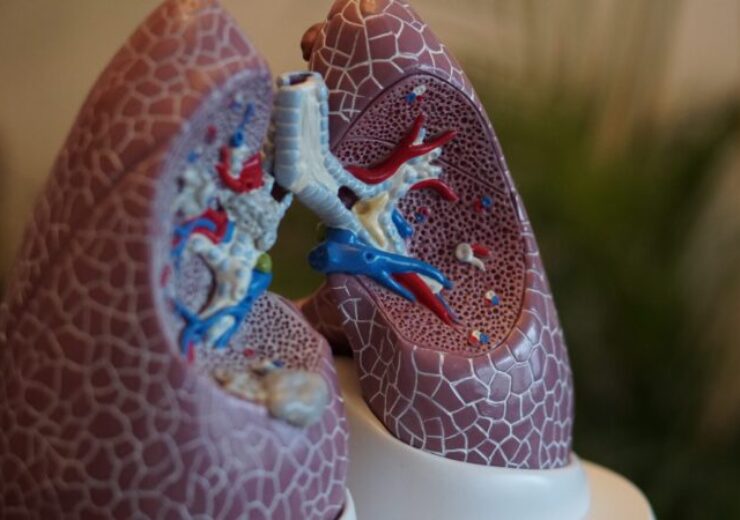Efzofitimod is an immunomodulator that is said to preferentially modify neuropilin-2 for suppressing innate and adaptive immune responses in uncontrolled inflammatory disease conditions

Efzofitimod gets its second fast track designation from the FDA. (Credit: Robina Weermeijer on Unsplash)
ATyr Pharma has received the fast track designation from the US Food and Drug Administration for its lead drug candidate efzofitimod (ATYR1923) for the treatment of systemic sclerosis-associated interstitial lung disease (SSc-ILD).
Efzofitimod is an immunomodulator that is said to selectively modify neuropilin-2 (NRP2) to suppress innate and adaptive immune responses in uncontrolled inflammatory disease conditions.
The fast track designation follows the orphan drug designation granted by the FDA to the drug candidate in April 2022 for the treatment of systemic sclerosis. It is the second fast track designation from the FDA for efzofitimod, with the first one issued last month for the treatment of pulmonary sarcoidosis.
Recently, aTyr Pharma established clinical proof-of-concept for the NRP2 modulator in a phase 1b/2a study in patients having pulmonary sarcoidosis, which is considered to be a significant type of interstitial lung disease.
The US-based biotherapeutics company is now evaluating efzofitimod in pulmonary sarcoidosis patients in a global phase 3 clinical trial dubbed EFZO-FIT.
ATyr Pharma president and CEO Sanjay Shukla said: “This Fast Track designation reflects the potential of efzofitimod to address a significant unmet need for patients with SSc-ILD, which is the leading cause of death in scleroderma patients.
“As highlighted in the ILD sessions at the recent European Respiratory Society International Congress, it is clear that there is a need for more effective and safer therapies for fibrotic lung diseases, including sarcoidosis and ILD that results from scleroderma.
“We believe this designation further validates efzofitimod and greatly expands the market potential for this first-in-class therapeutic.”
The biotherapeutics company claimed that efzofitimod lessened skin and lung fibrosis in animal models of systemic sclerosis as well as idiopathic pulmonary fibrosis. In the two conditions, the drug candidate either matched or performed better than nintedanib, pirfenidone, and other known anti-fibrotic drugs, said aTyr Pharma.
The company stated that the same immune cells that are crucial to the pathology of pulmonary sarcoidosis also drive the pathology of SSc-ILD, and NRP2 is at increased levels on these cells. In a clinical trial involving patients with pulmonary sarcoidosis, efzofitimod could lower key pro-inflammatory markers that are essential to the pathology.
